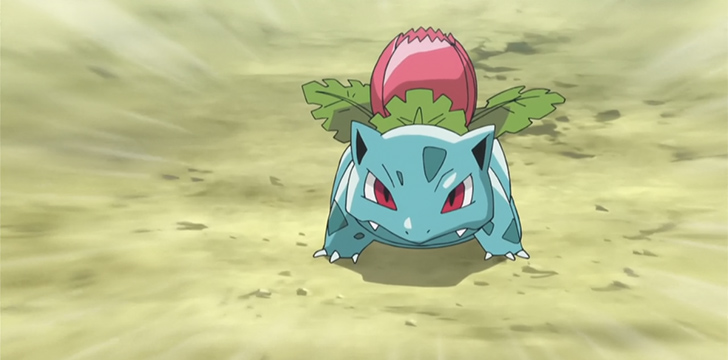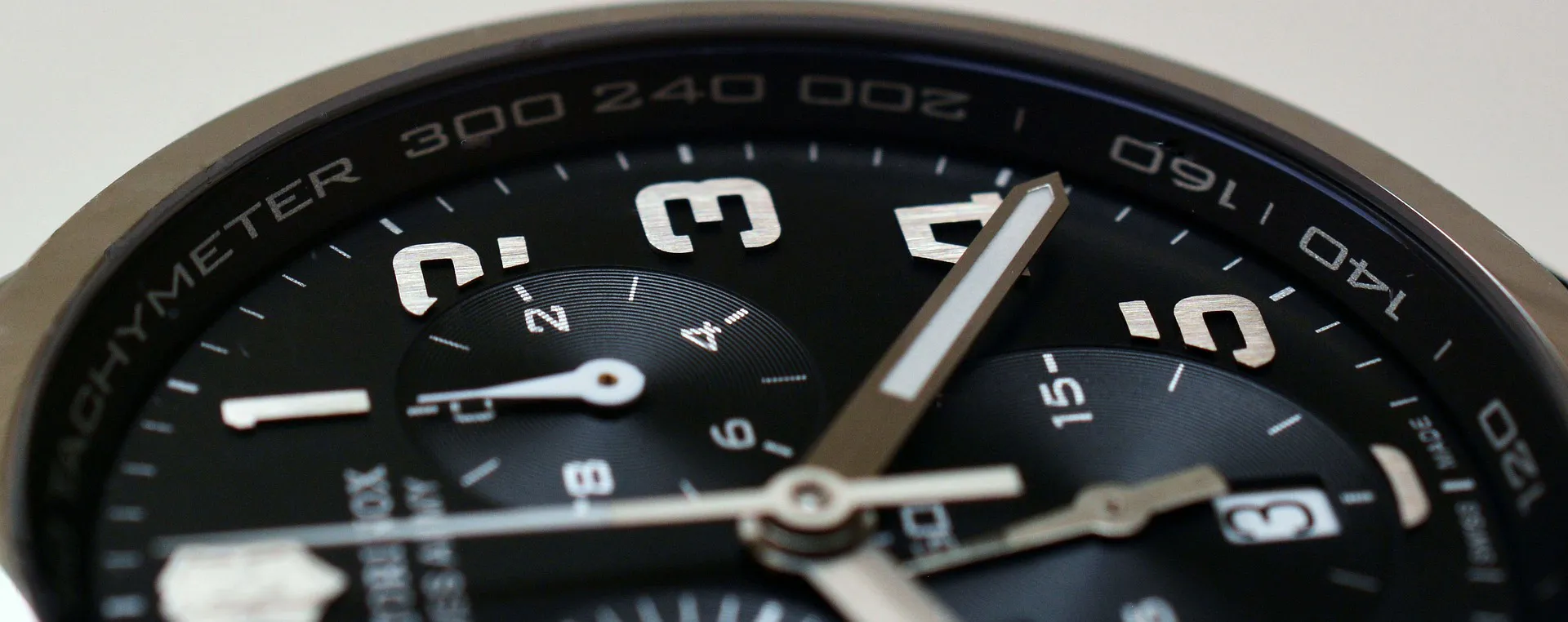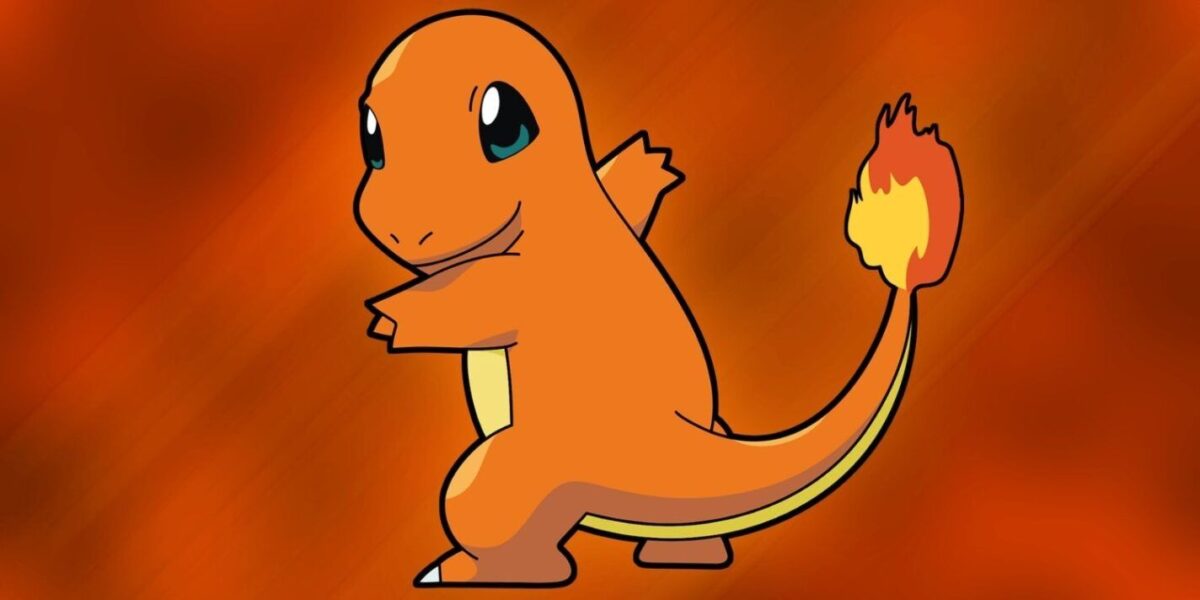Ivysaur is one of the more under-appreciated Pokémon out there.
I personally feel that it tends to get lost when people think of the three iconic Gen I starters and their subsequent evolutions.
Sure, Ivysaur might not look as blasé as Charmeleon or as tough as Wartortle, but Ivysaur is one hell of a powerful Pokémon for a second-stage starter.
In fact, Ivysaur shares the same base stat total as Haunter, a renowned second stage powerhouse of a Pokémon.
Here are 29 incredible facts about Ivysaur.
Ivysaur has the same number in the National Pokédex as it does in Pokémon Ranger‘s Fiore Browser: Number 002.
Ivysaur’s first appearance in the Pokémon animé was in Episode 47, A Chansey Operation, where it was one of the injured Pokémon bought to the clinic.
If you were to come across an Ivysaur in the wild, its catch rate would be 45, which translates as a 5.9% chance of a capture with a regular Pokéball.
In Pokémon GO, Ivysaur has a capture rate of 10%.
Ivysaur is the only second stage Grass/Poison Pokémon that doesn’t need an evolutionary stone to reach its final form.
Bulbasaur is evolved into Ivysaur when it reaches Level 16.
Ivysaur is the only second stage Gen I starter that evolves at Level 32. Both Charmeleon and Wartortle evolve at Level 36.
Ivysaur only shares its category with three other Pokémon, these being Bulbasaur, Venusaur and Sunkern. They are all known as Seed Pokémon.
Ivysaur belongs to two Egg Groups, which are Monster and Grass.
Ivysaurs are exactly 1 meter tall (3 feet, 3 inches).
Ivysaurs weigh 13 kilograms (28.7 lbs).
The gender ratio of hatched Ivysaurs is 87.5% to 12.5% male to female. This means that male Ivysaurs are 7 times more common than female ones.
It takes between 5,140 – 5,396 steps to hatch one of their eggs.
The weight of the plant growing on Ivysaur’s back means that it can’t stand upright like Bulbasaur can, and because of this it has incredibly sturdy legs.
When the flower on an Ivysaur’s back is ready to bloom, it means the Ivysaur will soon evolve into a Venusaur. When it reaches this stage the plant on its back will give off a sweet-smelling aroma and start swelling, and the Ivysaur will start to spend more time in the sunlight to gain strength for its upcoming evolution.
Ivysaur’s natural habitat is plains, which is weird considering it is a grass Pokémon with a large growing plant on its back!
According to Pokédex entries, Ivysaurs are able to manipulate nature around them.
Ivysaur’s total base stats are 405. That’s the same as Haunter, Wobbuffet, Dugtrio and Pachirisu to name a few.
Its highest base stats are its Special Defense and Special Attack stats, which are both 80 each.
Ivysaur has no Pokémon types that it is immune to. However, it is resistant to Fighting, Water, Electric, Fairy and Grass.
It is super weak to Flying, Fire, Psychic and Ice type moves.
When it is shiny, an Ivysaur’s skin is a bright green rather than the regular turquoise color, and the bulb on its back is golden rather than pink.
Ivysaur has appeared in three Super Smash Bros. Games; Super Smash Bros. Brawl, Super Smash Bros. for Nintendo 3DS/Wii U and Super Smash Bros. Ultimate.
In Super Smash Bros. Brawl, Ivysaur is the only Pokémon that the Pokémon Trainer uses which doesn’t use a HM move. Squirtle uses Waterfall, and Charizard uses Rock Smash and Fly.
Weirdly enough, an Ivysaur with an English name cannot be traded on the GTS without a nickname on Pokémon Black and White due to the censor which blocks Pokémon with offensive nicknames. This is because the “sau” from “Ivysaur” is German for “pig” / “swine” and considered an offensive nickname.
Ken Sugimori, the designer behind many Pokémon designs, confirmed in a Japanese interview that Ivysaur and its evolutionary branch are all based on frogs.
The bulb on Ivysaur’s back is based on the parasitic flowering plants known as Rafflesia. Ivysaur’s bulb reflects the bud of a Rafflesia plant before it flowers.
In English, the name Ivysaur is derived from “ivy” meaning a climbing or trailing plant genus, and “saur”, which is Ancient Greek for “lizard”, despite Ivysaur being based more on a frog or toad than a lizard.
In Japanese, Ivysaur’s name is Fushigisou, which can be taken to either translate as “it seems strange” or “strange grass”.










